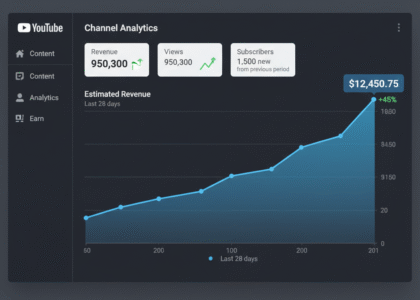Paying for college is a major financial challenge, but it doesn’t have to lead to massive debt. With smart planning, students can graduate without the burden of student loans. Here’s how to pay for college while keeping your finances in check.
1. Apply for Scholarships and Grants

Scholarships and grants provide free money for education. Unlike loans, these funds do not need to be repaid.
- Search for Local Scholarships – Community organizations, businesses, and foundations often offer scholarships.
- Use Scholarship Search Engines – Websites like Fastweb and Scholarships.com help students find opportunities.
- Apply for Federal and State Grants – Programs like the Pell Grant and state-specific grants provide significant financial aid.
2. Choose an Affordable College: Paying for college
Where you go to school greatly impacts how much you pay. Consider cost-effective options such as:
- Community College First – Attending a two-year college and then transferring can save thousands.
- In-State Public Universities – These typically offer lower tuition rates than private institutions.
- Online or Hybrid Programs – Flexible learning options can cut costs on transportation and housing.
3. Work While Studying: Paying for college
Balancing work and school can reduce dependency on loans. Some great options include:
- Federal Work-Study Program – Provides part-time jobs for students in financial need.
- On-Campus Jobs – Roles like library assistant or tutoring can fit around class schedules.
- Side Hustles – Freelancing, online gigs, or tutoring can generate extra income.
4. Use Tuition Reimbursement Programs

Many employers offer tuition assistance. Consider working for a company that helps pay for education, such as:
- Large Corporations – Companies like Amazon and Starbucks offer tuition reimbursement.
- Government Programs – Some state and federal agencies assist employees with college costs.
- Apprenticeship Programs – Certain trades offer paid training and education.
5. Consider Income-Share Agreements (ISAs)
ISAs allow students to pay for college by agreeing to pay a percentage of their income after graduation. This avoids traditional loans and high-interest rates.
6. Minimize Living Expenses
Reducing day-to-day expenses can help lower overall costs. Some ways to save include:
- Living at Home – Commuting from home eliminates dorm costs.
- Budgeting Smartly – Tracking expenses and prioritizing needs over wants.
- Sharing Housing Costs – Roommates can help split rent and utilities.
7. Take Advantage of Tax Benefits: Paying for college
Several tax credits and deductions help reduce college costs:
- American Opportunity Tax Credit (AOTC) – Offers up to $2,500 per year for tuition and expenses.
- Lifetime Learning Credit (LLC) – Helps cover tuition costs for eligible students.
- 529 College Savings Plan – Tax-advantaged savings plans for education expenses.
8. Explore Military and Public Service Options
Serving in the military or public service can provide educational benefits:
- GI Bill – Covers tuition, housing, and books for veterans.
- Public Service Loan Forgiveness (PSLF) – Helps students working in public service fields.
- National Service Programs – AmeriCorps and Teach for America offer education awards.
FAQs
1. What is the best way to pay for college without loans?
Applying for scholarships, choosing an affordable school, working part-time, and using tuition reimbursement programs are effective ways to avoid loans.
2. Are there scholarships for adult students?
Yes! Many scholarships cater to non-traditional students, including grants and tuition assistance programs for returning learners.
3. Can I work full-time while studying?
Yes, but it requires strong time management. Consider online programs or part-time study to balance work and education.
4. What happens if I can’t afford college?
Look into financial aid, community colleges, and alternative funding sources like ISAs or employer tuition reimbursement.
Conclusion
Avoiding student debt is possible with the right strategies. By applying for scholarships, working while studying, and minimizing expenses, students can graduate with financial freedom. Explore more personal finance tips on GetCashVibe and start your debt-free college journey today!






